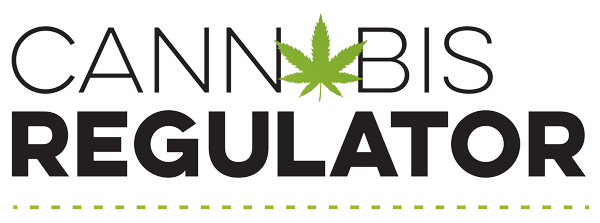As cannabis companies venture into the alcohol and beverage sector, navigating the complex regulatory and corporate landscape is key to successfully structuring these high-stakes transactions.
With corporate leaders increasingly exploring mergers and acquisitions in this space, Cannabis Regulator spoke with Zachary Kobrin, a transactional and regulatory attorney at Saul Ewing LLP, who offered valuable insights into this growing trend.
Cannabis Regulator (CR): There seems to be a lot of crossover between the cannabis and alcohol industries. What’s driving these mergers, and why does beverage alcohol want to get involved in hemp-infused beverages?
Zachary Kobrin (ZK): There’s a couple of reasons. In the last 10-to-15 years, we’ve seen a new segment of alcohol. It’s no longer just beer, spirits and wine ─ the seltzer community has really taken off. We’re also seeing this new generation of individuals who are not as inclined to drink as the older generations.
For beverage alcohol companies that have built in these manufacturing and distributing models, they’re trying to capitalize on a new segment and new market opportunity. On the flip side, for cannabis companies, it’s an additional source of revenue and helps them develop national interest. So, both sides of the industry can benefit from working with each other.

CR: How are the varying state-by-state hemp regulations impacting the growth of hemp-infused beverages?
ZK: It’s an interesting dynamic because it’s a little but like the Wild West right now. You have some states, like Minnesota, that have fully embraced the industry. And you have other states that are essentially going in the complete opposite direction.
Lately, the big news is Texas. State legislators have been talking about a bill that will ban all forms of THC products that are not medical marijuana. And then most other states are kind of in the middle where they don’t really have any regulations that directly address the beverage side.
The reality is it’s just a question of if your packaging, claims and labeling all comply with what’s required in each state. Depending on the market, we’re seeing big box stores like Total Wine & More have entire aisles filled with THC beverages. So, it’s just finding that right balance to work with this.
CR: For cannabis companies trying to enter new markets, how do federal and state regulations impact their ability to do so?
ZK: Companies are looking to jump into markets that allow THC-infused beverages. First, they need to identify their key markets. For example, if you’re an East Coast company, look at some heavy East Coast markets.
I would also advise companies to look at the packaging and labeling requirements. Identify the most restrictive one, and work backwards from there.
The real unique factor in all of this is the federal government. If cannabis was legal, this would all fall under the FDA, but without that it’s all in the hands of nature.

CR: With consumer trends constantly changing, how can both alcohol and cannabis companies stay competitive?
ZK: Personally, I think the companies that are willing to push boundaries will succeed. Obviously, you need an understanding of your limits and the risks involved, but I think it holds a high reward for companies. If you have strong management, a strong balance sheet and a strong understanding of how much money you can put into marketing, the risk may be worth taking.
CR: What are some key legal, regulatory and financial hurdles in structuring cannabis-alcohol merger and acquisition deals?
ZK: I approach deals in this industry the same as you would for most industries. It just so happens to be one of the two most highly regulated spaces, but from a deal structure perspective ─ whether it’s alcohol coming into cannabis or cannabis going into alcohol ─ you’re looking at the same factors as you would a regular business deal.
The first thing you need to think about is the balance sheet, the company, the liabilities and the potential of the deal. The second thing you need to think about is the outlook for the future. Are you buying in because the company is hot or are you buying in because you see potential market share and expansion?
It’s also important to figure out the hurdles and barriers into entry. Coming into cannabis, one of the things that many people don’t realize is there’s often a lot of open exposure when it comes to background checks. You need to realize that there’s going to be a certain amount of information the state regulators want to see, and that all depends on the state you’re entering.
CR: What do you think the future holds for hemp-infused beverages in the alcohol space?
ZK: I don’t think we’re going to see some massive conglomerate of cannabis and alcohol just yet. The reality is that it’s a highly regulated space and there’s a lot of complexities that come with it, so I don’t think we’re going to see a massive influx of mergers.
I also think that because the idea of cannabis beverages is still relatively new, there really isn’t a market leader. It’s not like walking into a store and wondering who’s the Budweiser of THC beverages. And because of this, people see the opportunity to build their own brand.










